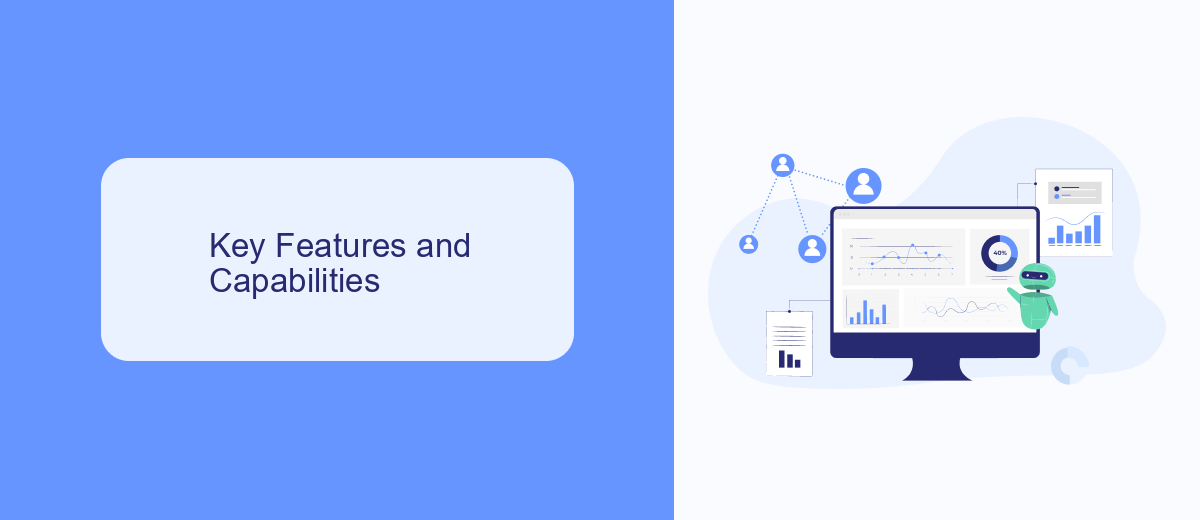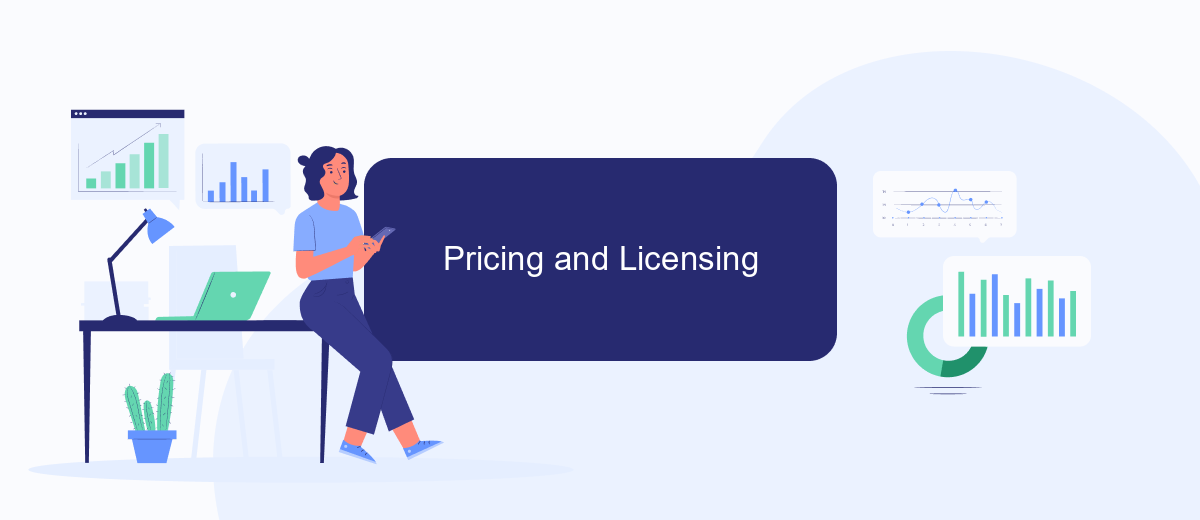In the rapidly evolving landscape of API management, choosing the right platform is crucial for seamless integration and efficient operations. This article delves into a comparative analysis of MuleSoft and IBM's API Connect, highlighting their key features, strengths, and potential drawbacks. By understanding these differences, businesses can make informed decisions to optimize their API strategies and drive digital transformation.
Introduction
In the rapidly evolving landscape of enterprise IT, the ability to seamlessly integrate various applications and services is crucial. Two prominent tools that facilitate this integration are MuleSoft and IBM's API Connect. Both platforms offer robust solutions for connecting disparate systems, but they have distinct features and capabilities that cater to different organizational needs.
- MuleSoft: Known for its Anypoint Platform, MuleSoft provides a comprehensive suite for API design, development, and management.
- API Connect: IBM's API Connect offers an end-to-end API lifecycle management solution, emphasizing security and governance.
- SaveMyLeads: This service simplifies the integration process by automating data transfer between various applications, making it a valuable tool for businesses looking to streamline their workflows.
Choosing between MuleSoft and API Connect depends on several factors, including specific business requirements, existing IT infrastructure, and budget considerations. Understanding the strengths and limitations of each platform can help organizations make an informed decision, ensuring that their integration strategy aligns with their overall business objectives.
Key Features and Capabilities

MuleSoft offers a robust set of features designed to streamline API management and integration processes. It provides a unified platform for designing, building, and managing APIs, ensuring seamless connectivity across various systems and applications. Key capabilities include API design and management, data integration, and real-time analytics. MuleSoft's Anypoint Platform facilitates easier integration through pre-built connectors and templates, reducing development time and complexity.
API Connect, on the other hand, excels in providing comprehensive API lifecycle management. It offers tools for creating, securing, managing, and socializing APIs. With its intuitive developer portal, API Connect enhances collaboration and accelerates time-to-market. Additionally, it supports robust security features, including OAuth, API key management, and encryption. For businesses looking to automate and streamline their integration processes, services like SaveMyLeads can complement these platforms by offering pre-configured integrations and automated workflows, further simplifying data synchronization and process automation.
Pricing and Licensing

When comparing MuleSoft and API Connect in terms of pricing and licensing, it's essential to consider the different models each platform offers. Both platforms provide scalable solutions that cater to various business needs, but their pricing structures can significantly impact your decision.
- MuleSoft: MuleSoft offers a subscription-based model with various tiers, including a free trial. Pricing depends on the number of users, the volume of data, and the specific features required. Enterprise plans offer advanced capabilities and dedicated support.
- API Connect: API Connect also follows a subscription-based model, with pricing tiers based on the number of API calls, data volume, and additional features. IBM provides flexible plans, including a free tier for small-scale projects and enterprise plans for larger implementations.
Both MuleSoft and API Connect provide robust integration solutions, but businesses should carefully evaluate their pricing models to align with their budget and requirements. For those looking to streamline their integration processes further, services like SaveMyLeads can offer additional automation and connectivity options, enhancing overall productivity and efficiency.
Use Cases and Industry Applications

MuleSoft and API Connect are powerful tools for managing and integrating APIs, but their use cases and industry applications can vary significantly. Both platforms are designed to streamline the process of connecting disparate systems, enhancing data flow, and improving operational efficiency.
In the financial sector, MuleSoft is often used for integrating various banking systems, ensuring seamless transactions and real-time data analysis. API Connect, on the other hand, is popular in the healthcare industry, where it facilitates secure and compliant data exchange between healthcare providers and insurance companies.
- Retail: Enhance customer experience by integrating e-commerce platforms with CRM systems.
- Telecommunications: Streamline operations by connecting billing systems with customer service platforms.
- Manufacturing: Improve supply chain management through real-time data integration between suppliers and manufacturers.
For businesses looking to simplify their integration processes, services like SaveMyLeads can be invaluable. SaveMyLeads offers automated lead integration, ensuring that marketing and sales teams have immediate access to new leads, thereby improving response times and conversion rates. Both MuleSoft and API Connect can further enhance such integrations, making them essential tools in various industries.
Conclusion
In conclusion, both MuleSoft and API Connect offer robust solutions for API management and integration, catering to different organizational needs and preferences. MuleSoft excels in providing a comprehensive platform with extensive integration capabilities, making it a suitable choice for enterprises looking to streamline complex workflows and connect various systems seamlessly. On the other hand, API Connect stands out with its strong API lifecycle management features and ease of use, making it a preferred option for businesses focusing on API creation, deployment, and governance.
Ultimately, the choice between MuleSoft and API Connect depends on the specific requirements of your organization, including the complexity of integrations, the need for scalability, and the level of control over the API lifecycle. For businesses seeking additional integration solutions, services like SaveMyLeads can further enhance connectivity and automation by simplifying lead management and data synchronization processes. By carefully evaluating the strengths of each platform, organizations can make informed decisions to optimize their integration strategies and achieve their digital transformation goals.
- Automate the work with leads from the Facebook advertising account
- Empower with integrations and instant transfer of leads
- Don't spend money on developers or integrators
- Save time by automating routine tasks
FAQ
What are the primary differences between MuleSoft and API Connect?
Which platform is better for large enterprises?
Is there a cost difference between MuleSoft and API Connect?
How do these platforms handle automation and integration setup?
Can small businesses benefit from using MuleSoft or API Connect?
What do you do with the data you get from Facebook lead forms? Do you send them to the manager, add them to mailing services, transfer them to the CRM system, use them to implement feedback? Automate all of these processes with the SaveMyLeads online connector. Create integrations so that new Facebook leads are automatically transferred to instant messengers, mailing services, task managers and other tools. Save yourself and your company's employees from routine work.

